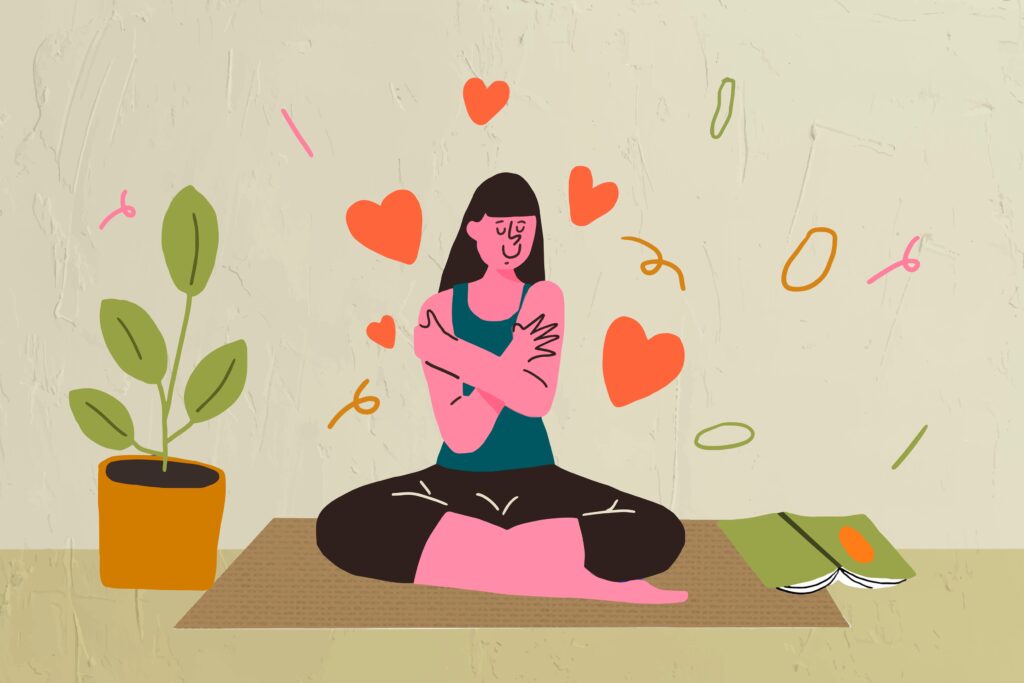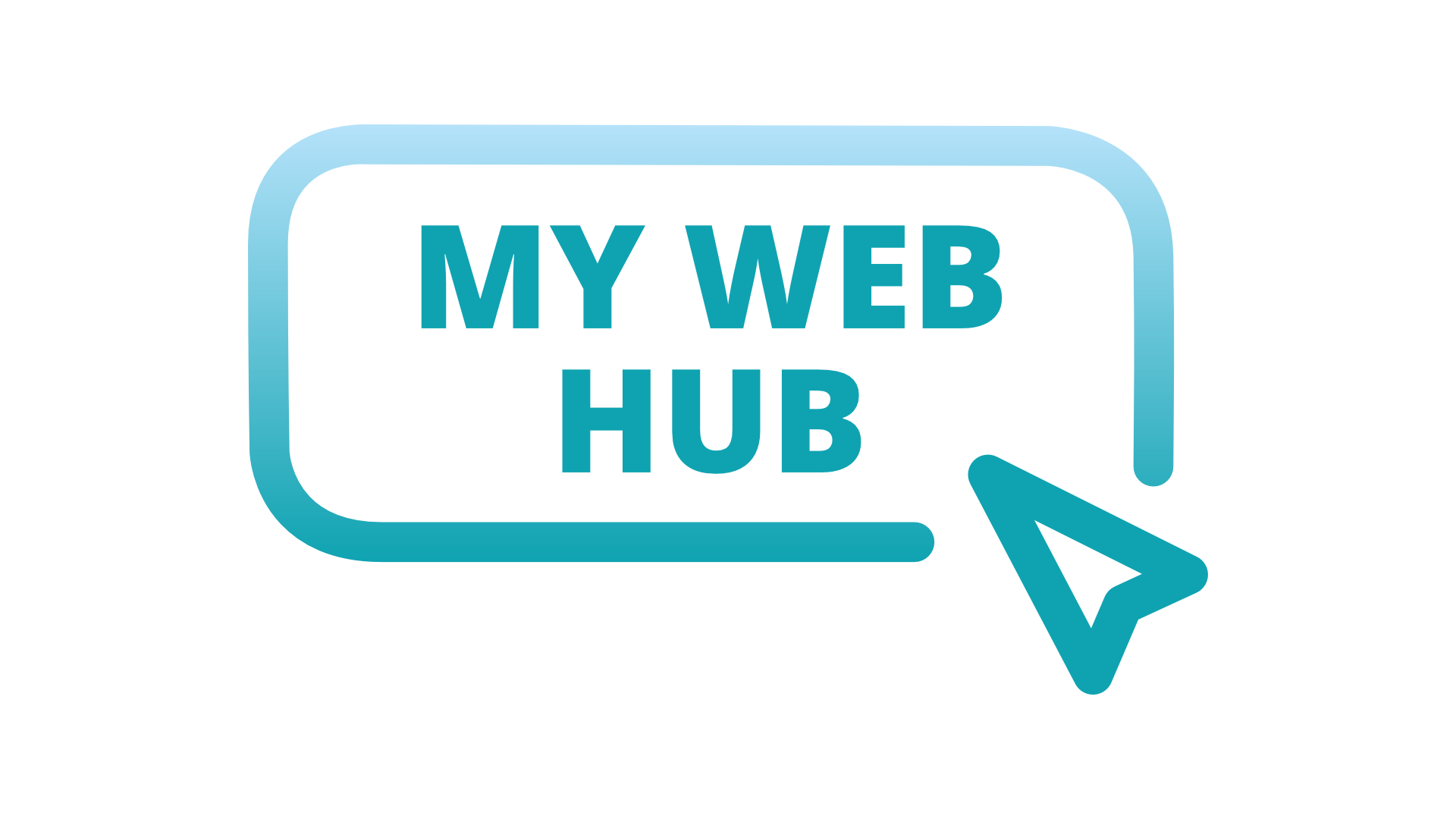On the tumultuous journey of human existence, a question inevitably arises: who are we? This fundamental question leads us to explore the complexities of individual identity, how we define our lives and the profound impact of our beliefs. Our identity, the definition we give of our existence and the beliefs that underlie our perception of ourselves and the world around us are essential elements of our human experience.
Yet, despite their vital importance, these concepts often remain elusive, shrouded in a veil of mystery and confusion. It is in this fog of uncertainty that we are plunged today, with the firm intention of dispelling illusions and illuminating the paths of understanding.
In this deep and revealing exploration, we will get to the heart of the subject, navigating through the maze of identity, self-definition and personal beliefs. Together, we will discover the subtleties of this inner journey and the hidden treasures that await to be revealed in the depths of our being.
Identity and its complexity
The identity of a person is often seen as an immutable entity, a fixed label that defines who we are. However, this reductive view does not do justice to the richness and diversity of human experience. In reality, identity is a complex fabric with many facets that constantly evolves and adapts to life experiences.
While we may be tempted to define ourselves by our dominant social roles, professions or personality traits, identity goes far beyond these superficial labels. It encompasses our values, beliefs, past experiences, future aspirations and much more. Indeed, our identity is a kaleidoscope of nuances, reflecting the infinite diversity of the human soul.
However, it is important to recognize that identity is not static. It is fluid and malleable, subject to the influence of external circumstances and choices we make. Therefore, it is essential to cultivate a flexible and open understanding of our own identity, embracing its complexity and diversity.
In our quest for a better understanding of identity, it is also crucial to recognize the profound impact of personal beliefs on our perception of ourselves and the world around us. These beliefs, whether conscious or unconscious, have a powerful influence on our behaviour, choices and interactions with others. By exploring and challenging these beliefs, we can broaden our perspectives and enrich our life experience.
So, by embracing the complexity of identity and challenging the beliefs that underlie it, we can open up new opportunities for personal growth and transformation.
The beliefs of your life
Our beliefs play a fundamental role in shaping our identity and defining how we perceive the world around us. They shape our thoughts, emotions and behaviour, guiding our choices and actions on a daily basis. These beliefs can be deeply rooted, shaped by our past experiences, social interactions and cultural influences.
However, it is important to recognize that our beliefs are not necessarily based on an objective reality. They are often coloured by our subjective perceptions, prejudices and personal interpretations of events. It is therefore essential to question and actively explore our beliefs, in order to better understand their origin and impact on our lives.
Our beliefs can take many forms, whether positive or negative, limiting or liberating. Some beliefs can give us a sense of security and certainty, while others can constrain us and prevent us from reaching our full potential. It is therefore essential to cultivate a vigilant awareness of our own beliefs, to identify those that support us in our personal and professional development and to reject those that limit us.
By challenging our beliefs and adopting an open and curious attitude, we can free ourselves from restrictive thinking patterns and embrace new perspectives and possibilities. This allows us to actively shape our identity and reality, creating a life that fully reflects our values, aspirations and deepest dreams.
Ultimately, our life beliefs are not definitive judgments about who we are but rather guides for a continuous exploration of ourselves and the world around us. By being open to self-reflection and personal development, we can cultivate a flexible and evolving identity that is constantly in harmony with our deepest values and highest aspirations.
The fragile balance of self-identification
Self-identification, the process by which we define who we are, is a delicate balance between self-perception and external influences. We are often inclined to identify ourselves with labels and roles assigned to us by society, our family environment, our peers and even ourselves. These identifications can be a source of strength and connection, but they can also become limiting constraints if we accept them blindly.
When we identify strongly with a specific characteristic – whether it is a profession, medical condition, sexual preference or another quality – we risk becoming locked into a reductive view of ourselves. For example, defining oneself as “anxious” can lead to self-limiting and focusing excessively on the negative aspects of this characteristic, at the expense of recognizing our other abilities and qualities.
But it is equally easy to deny or reject certain parts of our identity as undesirable or shameful. This self-denial can lead to internal conflict and fragmented self-esteem, depriving us of the ability to fully accept and integrate all dimensions of our being.
The key is to create a more open and flexible identity that recognizes and integrates the complexity of human experience. Rather than being fixed in our labels, we can take a more nuanced perspective of ourselves, recognizing the fluidity and diversity of our identity. For example, instead of saying “I am an anxious person”, we could say “I am a person who is learning to manage anxiety and cultivate inner peace.”
By taking this more inclusive approach to self-identification, we can free ourselves from the limits that we set for ourselves and open ourselves up to a wider range of possibilities and potentials. We then become the authors of our own history, actively choosing which facets of our identity we want to highlight and which we want to leave out. It is in this flexibility and openness that lies our true power of transformation and personal fulfillment.

Cultivate a flexible and open identity
Building a flexible and open identity is a dynamic process that requires deep reflection and commitment to personal change. Rather than being limited to rigid, fixed labels, we can take a more fluid approach to self-identification that allows us to explore and integrate a variety of facets of our being.
The first step is to become aware of the labels and roles we often unconsciously cling to. These identifications may come from our family environment, culture, education, past experiences and even our own perception of ourselves. By identifying these labels, we can begin to question their validity and relevance in our current lives.
We can then explore new ways of defining ourselves that reflect our individuality and personal evolution. Rather than identifying exclusively with external or circumstantial characteristics, we can seek to highlight our core values, innate strengths and deepest aspirations. For example, instead of saying “I am a soldier”, we could say “I am a person committed to serving others with courage and determination.”
In addition, we can cultivate a flexible identity by adopting an attitude of curiosity and openness towards ourselves and others. Rather than locking ourselves in to rigid certainties and judgements, we can embrace the diversity and complexity of human experience. This means being prepared to challenge our own beliefs and perceptions, open up new perspectives, and adapt to changes in our lives.
Finally, we can strengthen our flexible identity by cultivating compassion for ourselves and others. It means recognizing our common humanity, with all its imperfections and challenges, and adopting an attitude of kindness and understanding towards ourselves and those around us. By developing this quality of mind, we can create a more welcoming and resilient inner space where we can fully flourish as evolving human beings.
By exploring identity, the definition of our lives and beliefs, we discovered the complexity and fluidity of this process. Identity cannot be reduced to a single label or role; it is an ever-changing construct, influenced by a multitude of internal and external factors. Our beliefs about ourselves and the world shape how we perceive our identity and place in the world. By becoming aware of these beliefs and challenging them as necessary, we can free our identity from the constraints of rigid labels and preconceived judgements.
Cultivating a flexible and open identity allows us to fully embrace the richness and diversity of human experience. By defining ourselves through our core values, our innate strengths and our deepest aspirations, we create an inner space where we can grow and flourish as authentic human beings. Ultimately, identity is an endless journey of self-discovery and exploration. By being open to the possibility of change and growth, we can cultivate a flexible and evolving identity, in constant harmony with our deepest values and highest aspirations.
Exercise table to cultivate a flexible and open identity
In our exploration of identity, we discovered the complexity and fluidity of this process. Identity is not just a single label or role; it is an ever-changing construct, influenced by a multitude of internal and external factors. To cultivate a flexible and open identity, it is essential to adopt regular practices that foster self-compassion, deep thinking and open-mindedness.
This exercise board offers a series of simple but powerful activities designed to help you explore and strengthen your identity in a positive, proactive way. By devoting some time each day to these exercises, you can develop a better understanding of yourself, cultivate self-care and embrace the diversity of your being.
Whether it’s practicing conscious breathing, reflecting on your core values or cultivating gratitude, these exercises invite you to actively engage in your own journey of self-discovery and personal growth. Take this precious time to nourish your soul, broaden your perspectives and fully embrace the richness of your human identity.
Let this exercise chart be your guide and inspiration in your quest for a more flexible, open and authentic identity. That each practice brings you a little closer to your true essence and helps you live with intention and alignment with your deepest values.
Want to know more? Here are some links you might find useful
Articles
Faith, Identity, and Authenticity: My Journey Through Doubt and Emotions - David B. Cluff
The Influence of Cultural Values on Individual Identity and Societal Norms - Mateusz Brodowicz
How do you Define Your Identity? - NPL School
Videos
The Story You Tell Yourself: Understanding Your Narrative Identity - Dr. Tracey Marks
How To Know Yourself - The School of Life
If you would like to discover more content on personal and professional development, please click on this link to access other similar articles.

